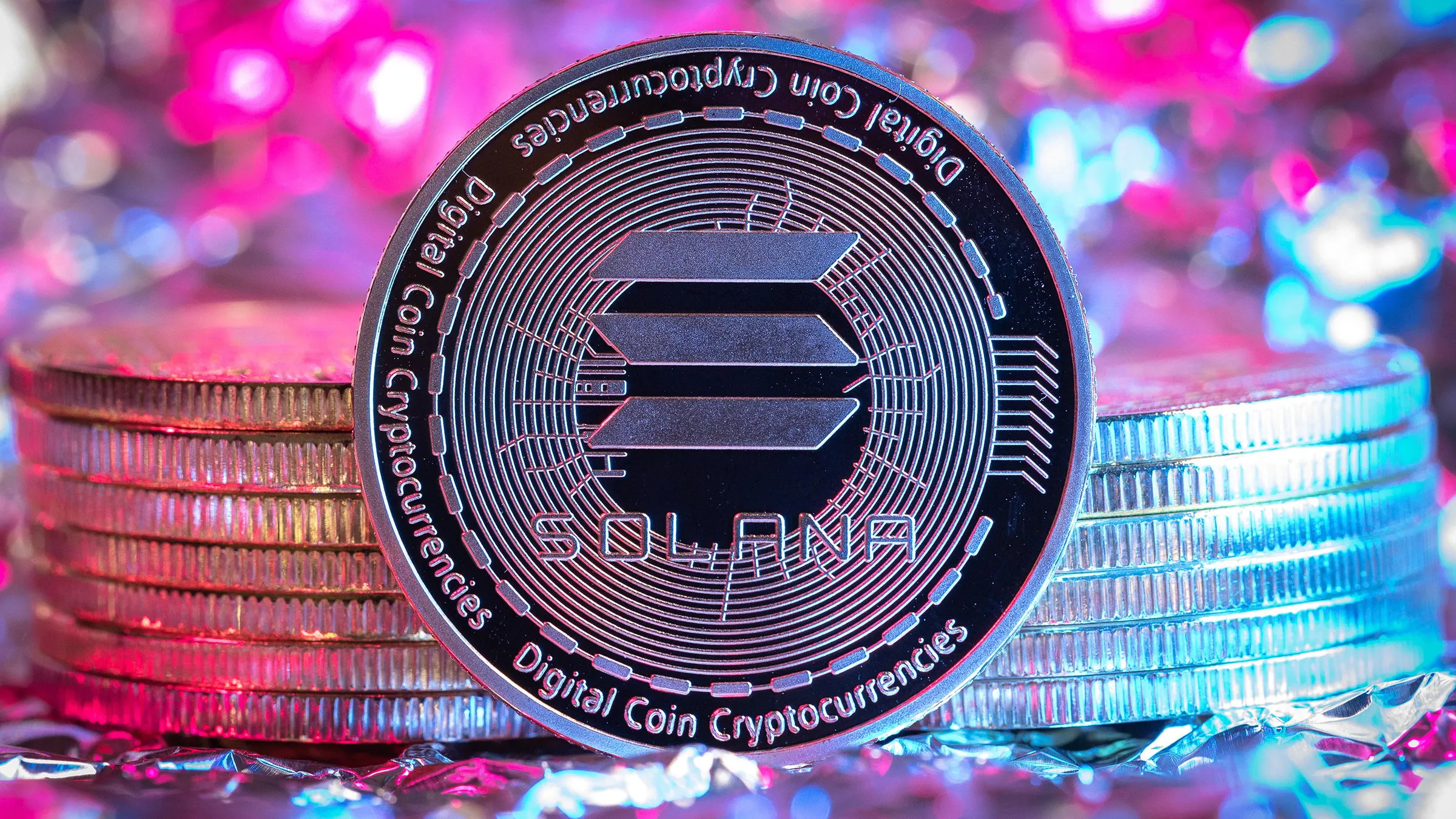Earlier this week, crypto advocates received what appeared to be a sigh of defeat from one of the industry’s chief antagonizers: The U.S. Securities and Exchange Commission (SEC) amended a complaint in its high-profile lawsuit against Binance to shelve allegations that Solana, Cardano, and Ethereum scaling network Polygon are unregistered securities.
Could it be that the SEC, which earlier this year caved on the security status of Ethereum, might be giving up on Solana as well? Could Solana ETFs—once unthinkable under the current administration—suddenly be on the horizon?
Legal experts who spoke to Decrypt caution: Don’t break out the champagne just yet.
To be clear, that doesn’t mean the SEC’s decision to put allegations against Solana on ice is insignificant, says J.W. Verret, a law professor at George Mason University.
“This means the SEC is on its back heels,” Verret told Decrypt. “It's a positive development. The SEC wouldn't have done that if they thought they could win with that judge on that claim.”
But the SEC didn’t dismiss its claims within the Binance case about Solana and other crypto tokens. It merely withdrew them for now, reserving the right to relitigate them at any time. Furthermore, Verret pointed out, the agency still maintains that Solana is a security in active litigation before other courts, including in its suit against Coinbase.
For those reasons, another legal expert familiar with the situation—who asked to remain anonymous in order to speak candidly—found the development rather unremarkable.
“I don't quite get where the celebration is coming from,” they told Decrypt. “Nothing seems to suggest that [the SEC is] dropping much of anything.”
The same source did note, however, that other details from the SEC’s filing in the Coinbase suit this week may reveal certain eyebrow-raising aspects of the regulator’s current approach to its crypto lawsuits.
For one, Binance’s attorneys noted in a section of the joint filing that they did not receive notice that the SEC intended to pause its claims against Solana, Cardano, and Polygon until 11:53 pm the night before a response to the judge was due. That’s fairly irregular behavior, according to the legal expert.
“What the fuck is the SEC doing fiddling around at 11:53 pm?” they said. “Government people are not the sort of people who normally like to do things at midnight.”
To them, the fact that the SEC made such a major decision so uncharacteristically close to a looming deadline indicates that the agency is having trouble figuring out how to best approach its high-stakes portfolio of crypto lawsuits.
“To me, they have no idea what they're doing here,” the source said. “They know that the clock is running out for them. I think the senior people are thinking: ‘How do we use our resources with the limited time we have in the cases we have?’”
Certainly, such theories are only conjecture. The SEC remains a black box, with experts left to extrapolate the agency’s strategies from the sometimes disparate arguments it advances in its various lawsuits.
Decrypt reached out to the SEC for comment and clarification for this story, but did not immediately receive a response.
In recent months, certain variables that appear to be impacting the SEC’s maneuvering have come to the fore. Political pressures in Washington appear to have influenced the regulator’s rapid about-face on spot Ethereum ETFs.
And with SEC chair Gary Gensler’s unpopularity morphing into an active talking point in the 2024 presidential election, it’s not much of a leap to assume that the regulator’s current leadership knows it’s working within a limited time window when it comes to its crypto caseload.
Ultimately, though, Verret believes that the sheer inconsistency between the SEC’s approach to suing different crypto companies in different jurisdictions means that the ongoing war over American crypto policy won’t be settled until a case finally reaches the U.S. Supreme Court.
As crypto exchanges, DeFi projects, and NFT creators battle the SEC for survival across the country, others have started coming to that same conclusion.
Edited by Andrew Hayward





